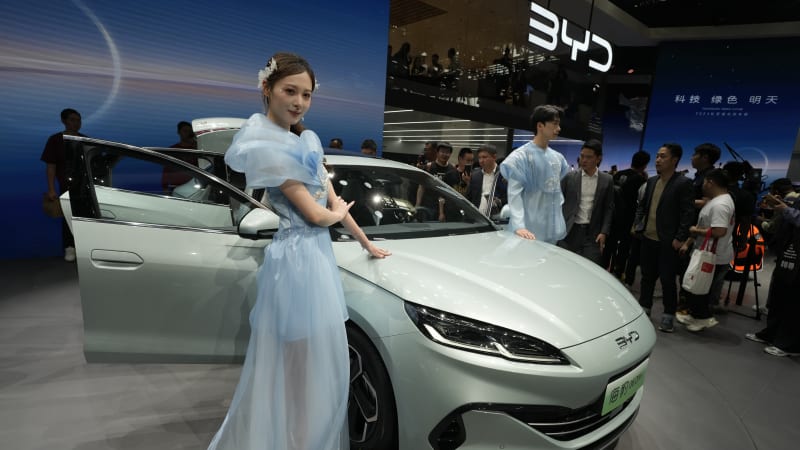BYD sold 626,263 NEVs in the first quarter, a 33.71 percent decrease from the fourth quarter of 2023 due to seasonal factors.
The post BYD's net profit in Q1 down 47% from Q4 as car sales decline appeared first on CnEVPost.
For more articles, please visit CnEVPost.

